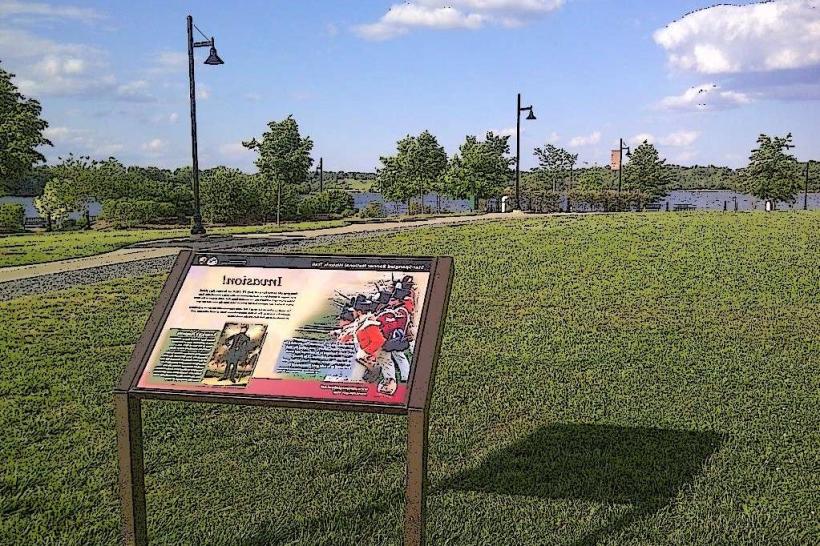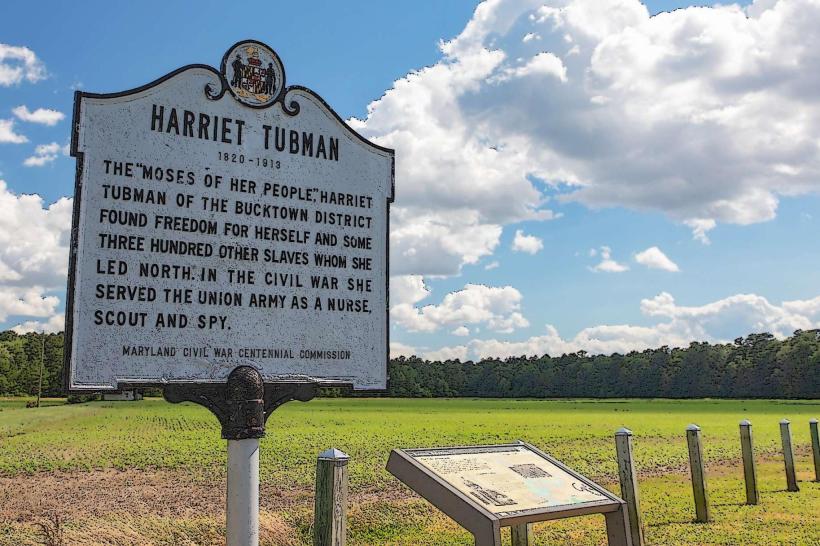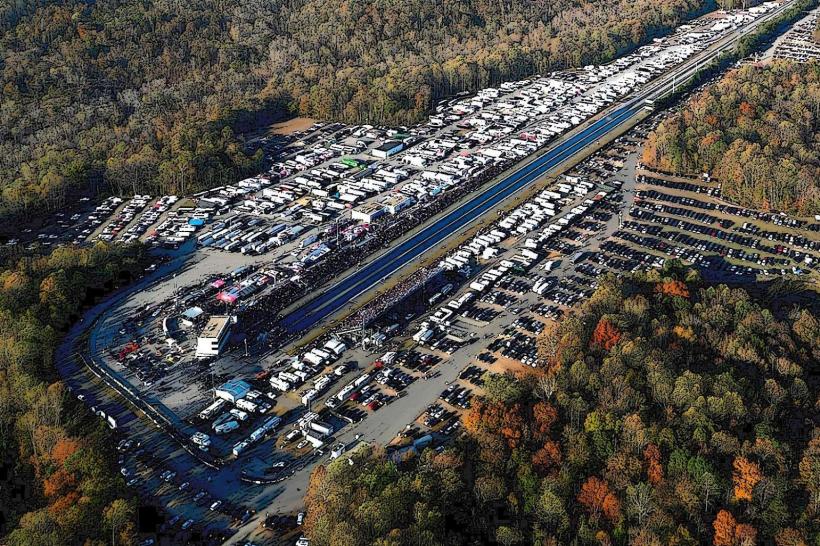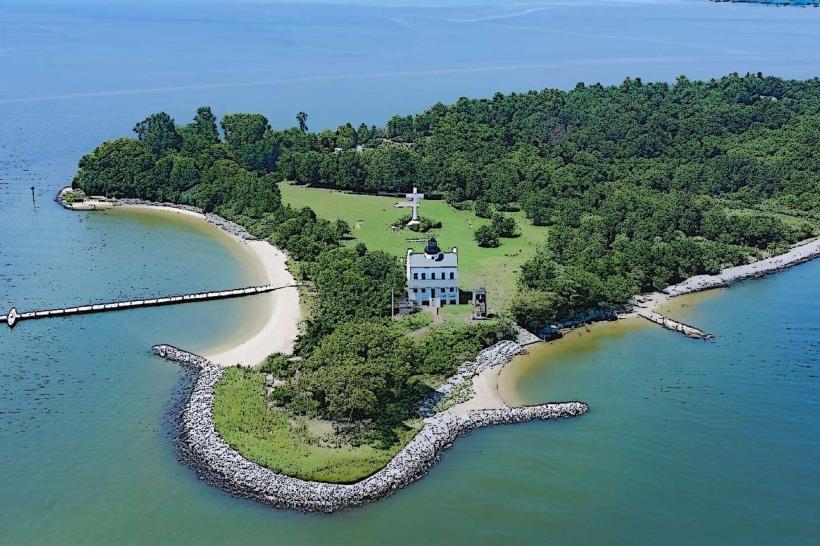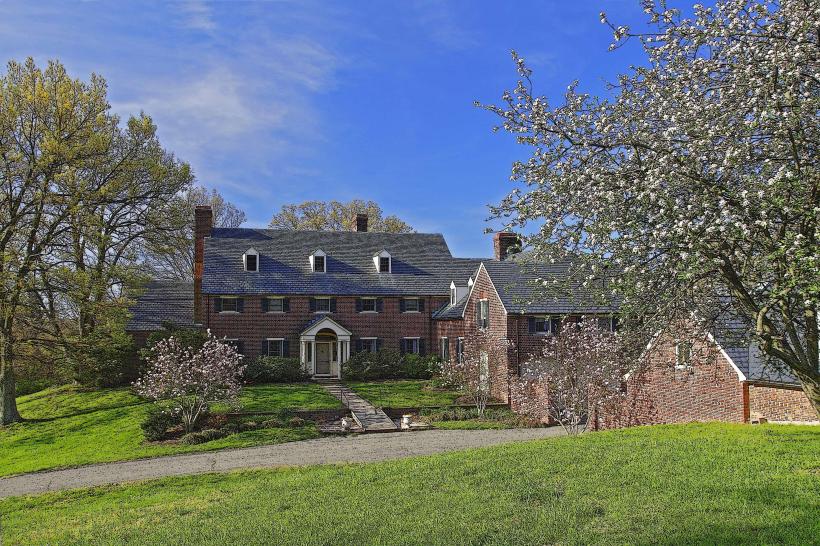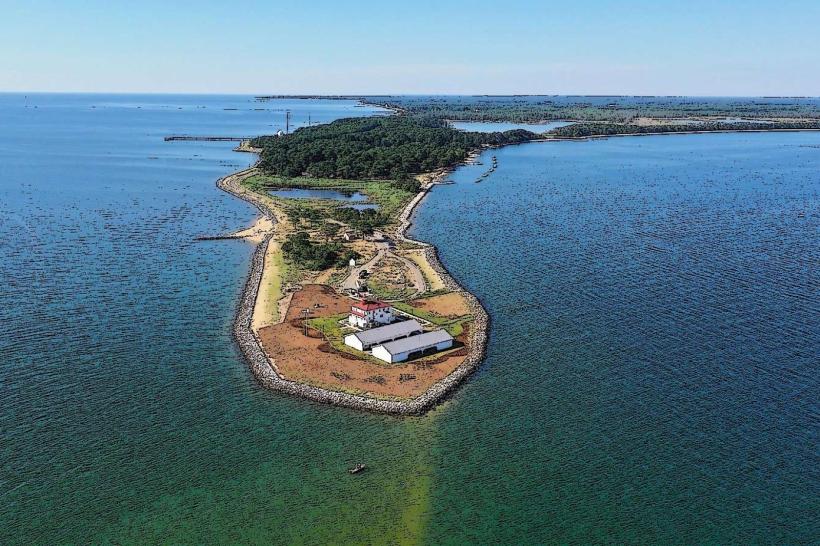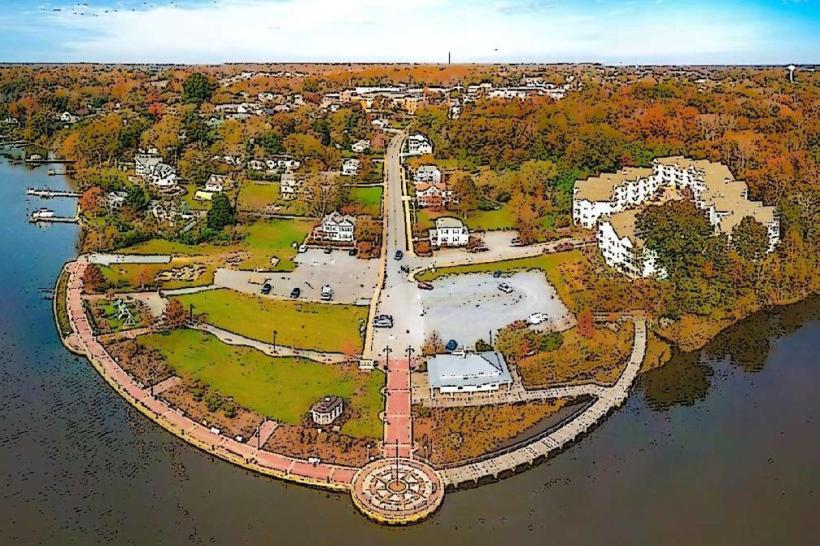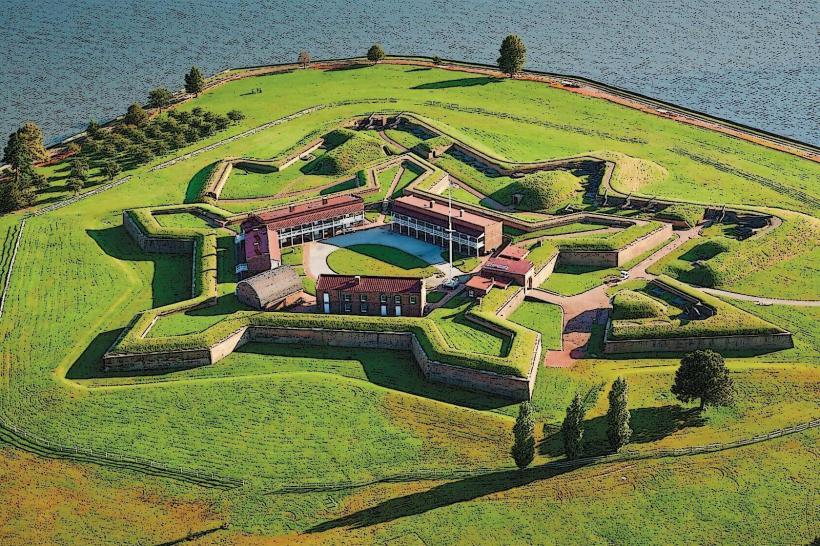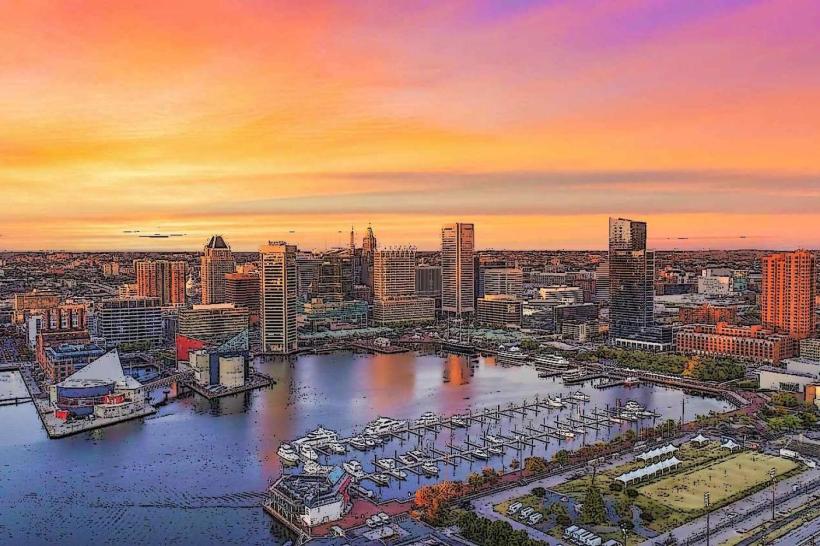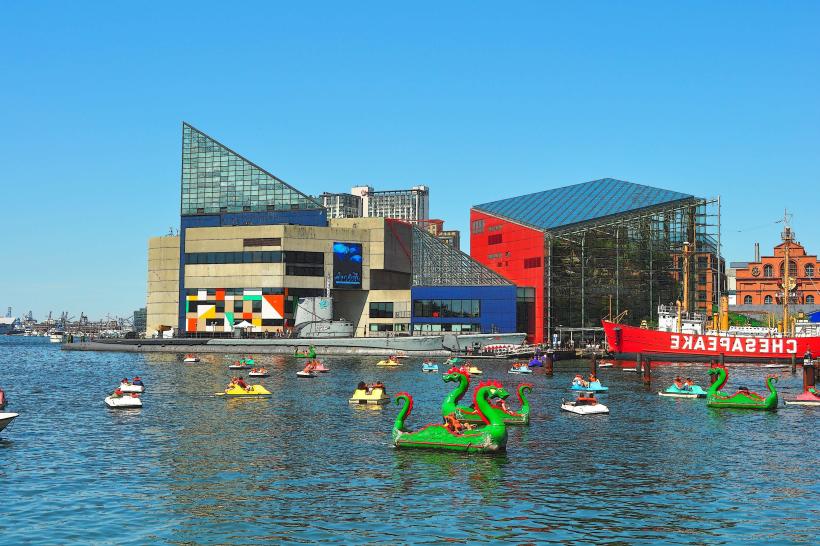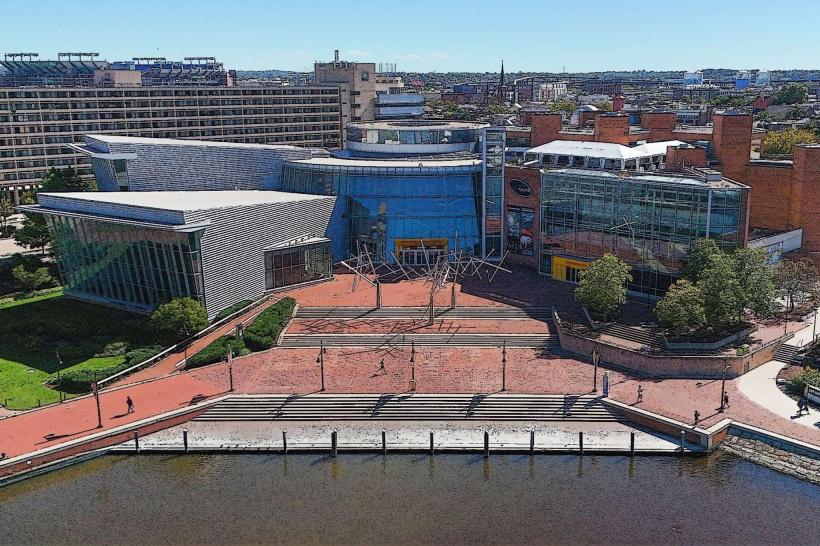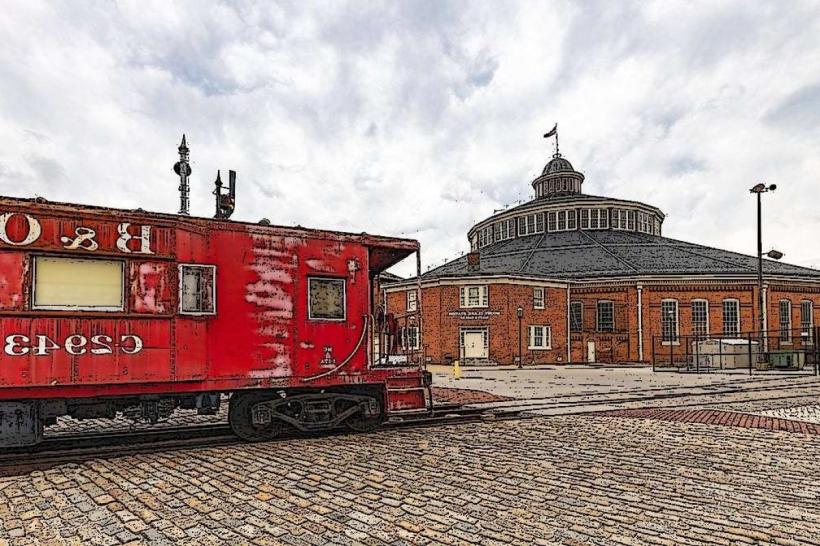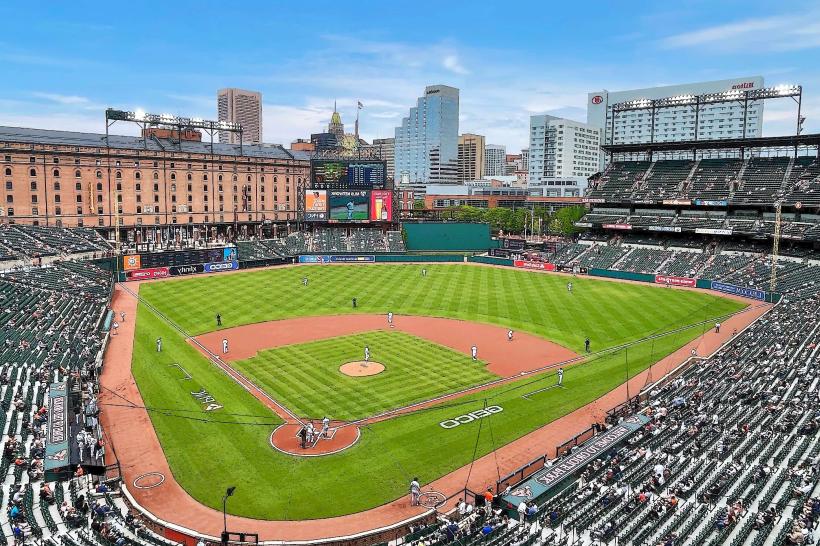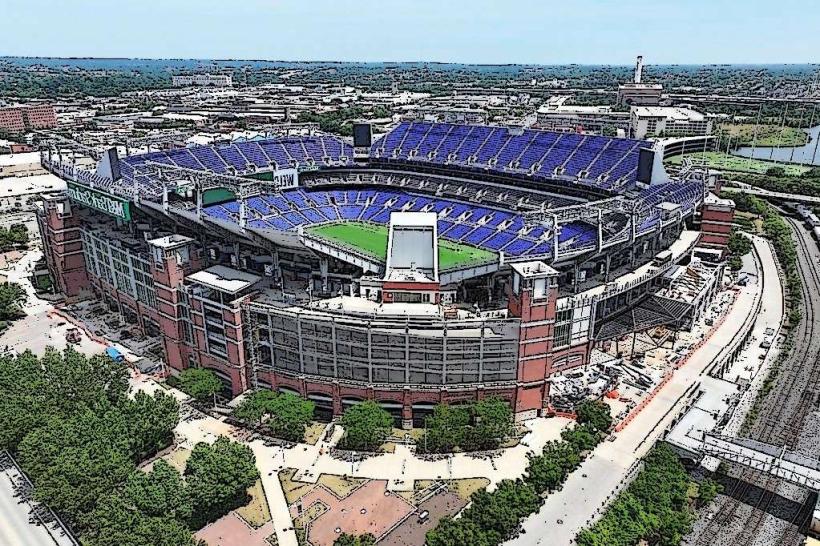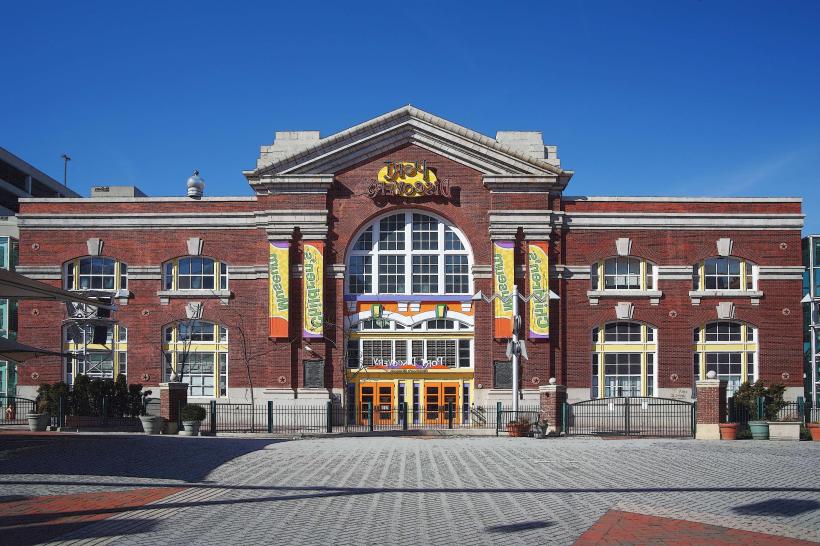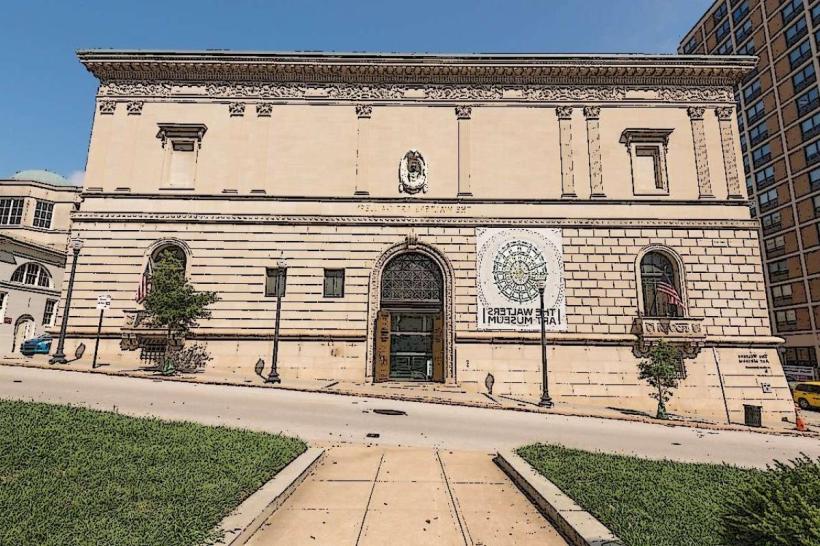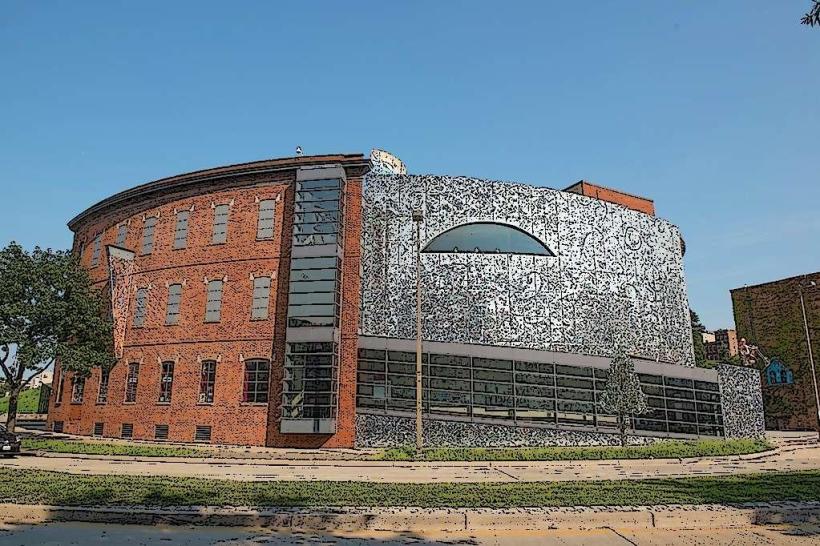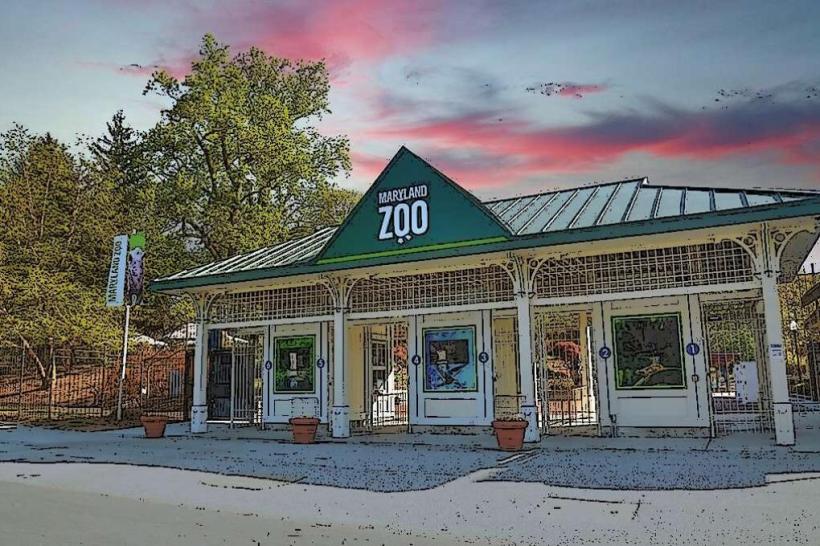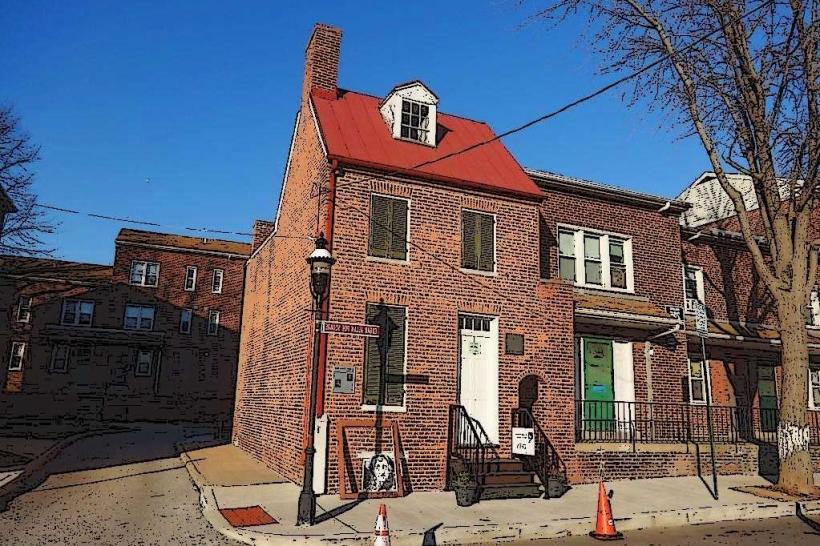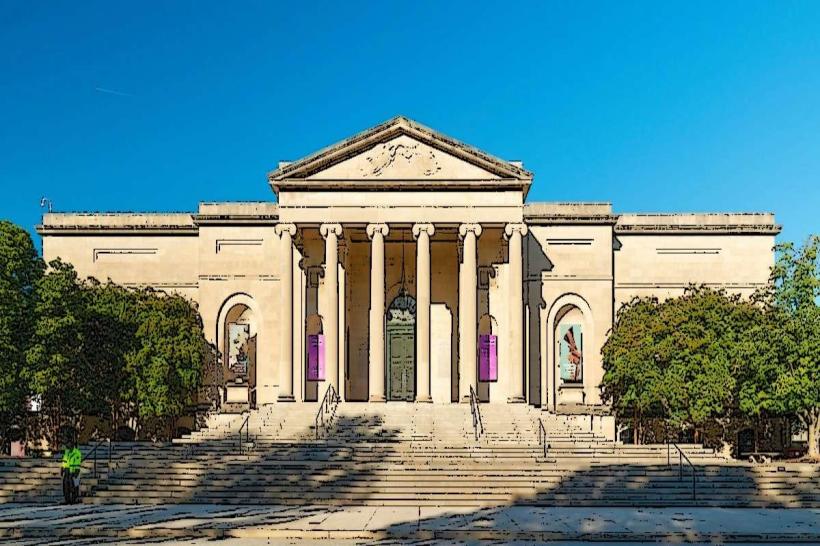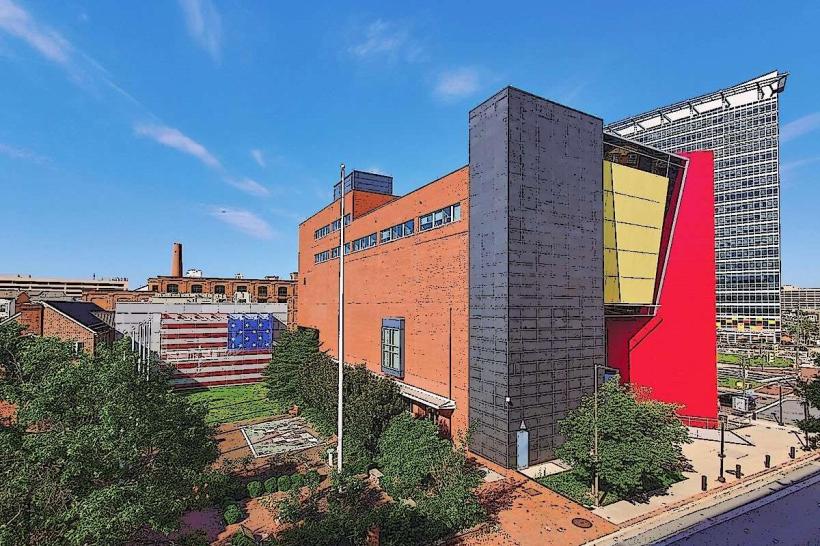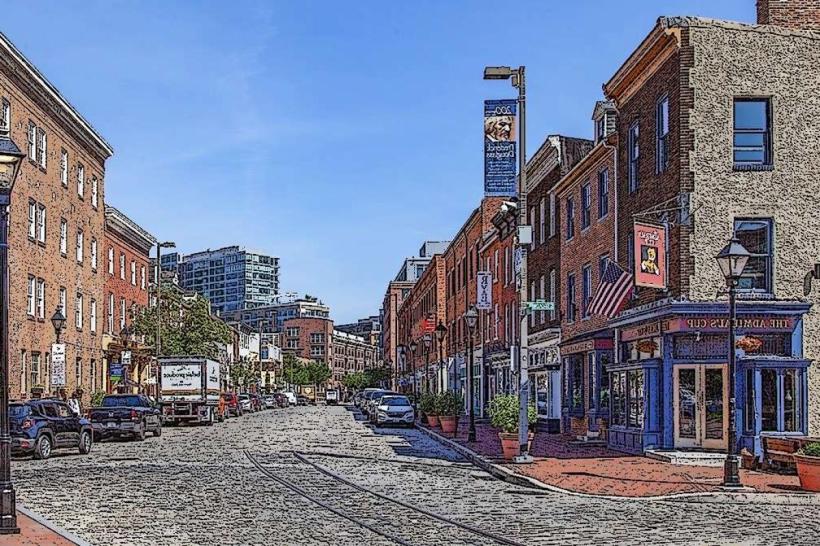Information
Landmark: Druid Hill ParkCity: Baltimore
Country: USA Maryland
Continent: North America
Druid Hill Park, Baltimore, USA Maryland, North America
Druid Hill Park is a 745-acre municipal park located in the northwestern section of Baltimore, Maryland.
Visual Characteristics
The park features rolling hills, mature deciduous trees, and open meadows. Several bodies of water, including the Druid Lake reservoir, are present. The terrain varies from relatively flat near the lake to steeper inclines in wooded areas. The park contains several historic structures, including the Howard Peters Rawlings Conservatory and the Maryland Zoo.
Location & Access Logistics
Druid Hill Park is situated approximately 5km northwest of Baltimore's city center. Access is primarily via Druid Park Lake Drive, which encircles the park. Major connecting roads include Reisterstown Road and Liberty Heights Avenue. Parking is available at designated lots throughout the park, particularly near the Maryland Zoo and the Rawlings Conservatory. Public transport options include MTA Bus Lines 58 and 91, which stop at park entrances along Druid Park Lake Drive and Reisterstown Road.
Historical & Ecological Origin
Established in 1860, Druid Hill Park was designed by Frederick Law Olmsted and Calvert Vaux, the landscape architects also known for Central Park in New York City. The park was developed on land formerly owned by the wealthy merchant Robert Oliver. The park's ecological composition is primarily temperate deciduous forest, with a significant urban watershed component due to Druid Lake.
Key Highlights & Activities
Activities include walking and cycling on paved paths, picnicking in designated areas, and birdwatching. The Maryland Zoo is located within the park, offering animal exhibits. The Howard Peters Rawlings Conservatory provides a botanical garden experience. Fishing is permitted in Druid Lake, subject to state regulations. The park also hosts various community events and festivals.
Infrastructure & Amenities
Restrooms are available at the Maryland Zoo and the Rawlings Conservatory. Shaded areas are abundant due to the mature tree canopy. Cell phone signal (4G/5G) is generally consistent throughout the park. Food vendors are typically present during organized events, but permanent food concessions are limited to the zoo and conservatory areas.
Best Time to Visit
For photography, early morning or late afternoon light provides optimal illumination of the park's landscapes. The months of April through October offer the most pleasant weather for outdoor activities. No specific tide requirements apply to this inland park.
Facts & Legends
Druid Hill Park was one of the first municipally owned parks in the United States. A local legend suggests that the park's name originates from a supposed ancient druidic stone circle that once existed on the site, though no archaeological evidence supports this claim.
Nearby Landmarks
- Maryland Zoo (0.2km West)
- Howard Peters Rawlings Conservatory (0.3km West)
- Druid Lake (0.1km South)
- Cylburn Arboretum (1.5km North)
- Upton (3.0km Southeast)


